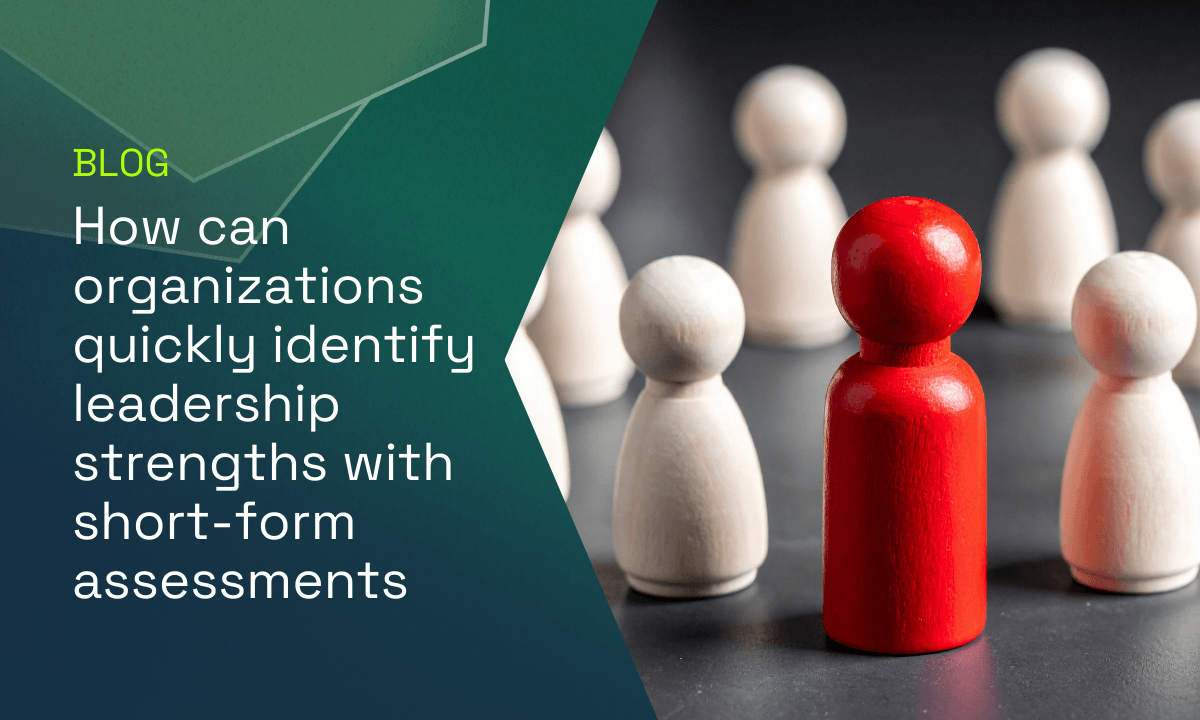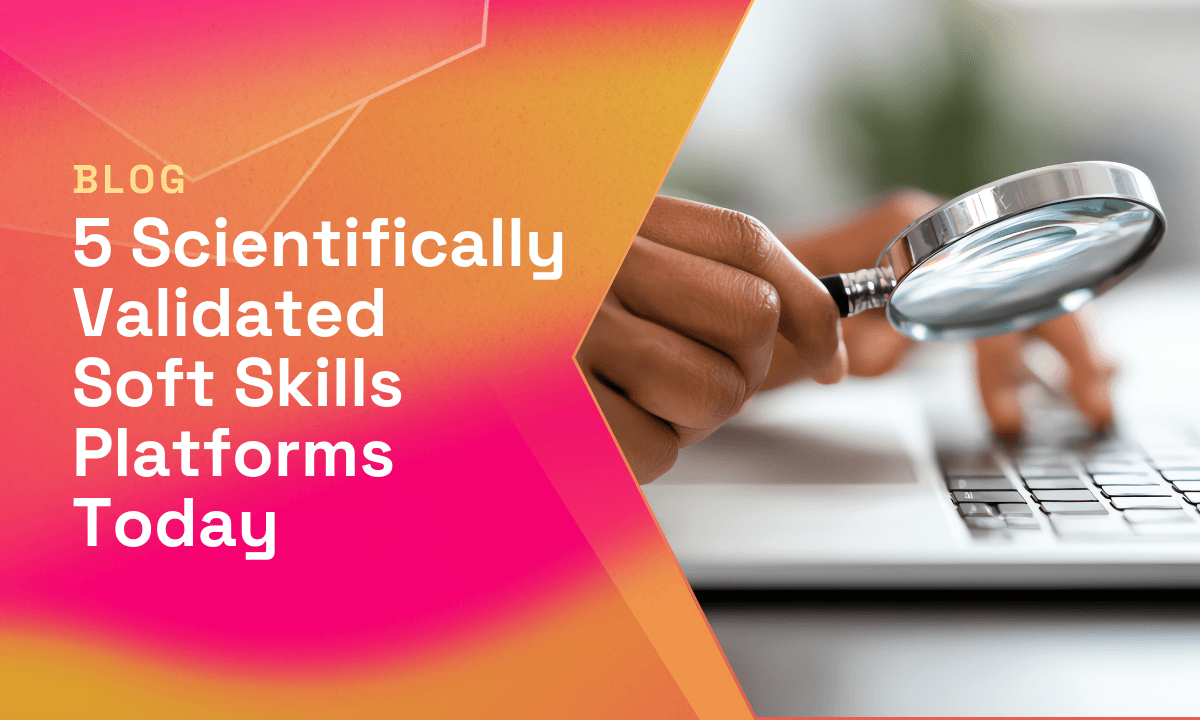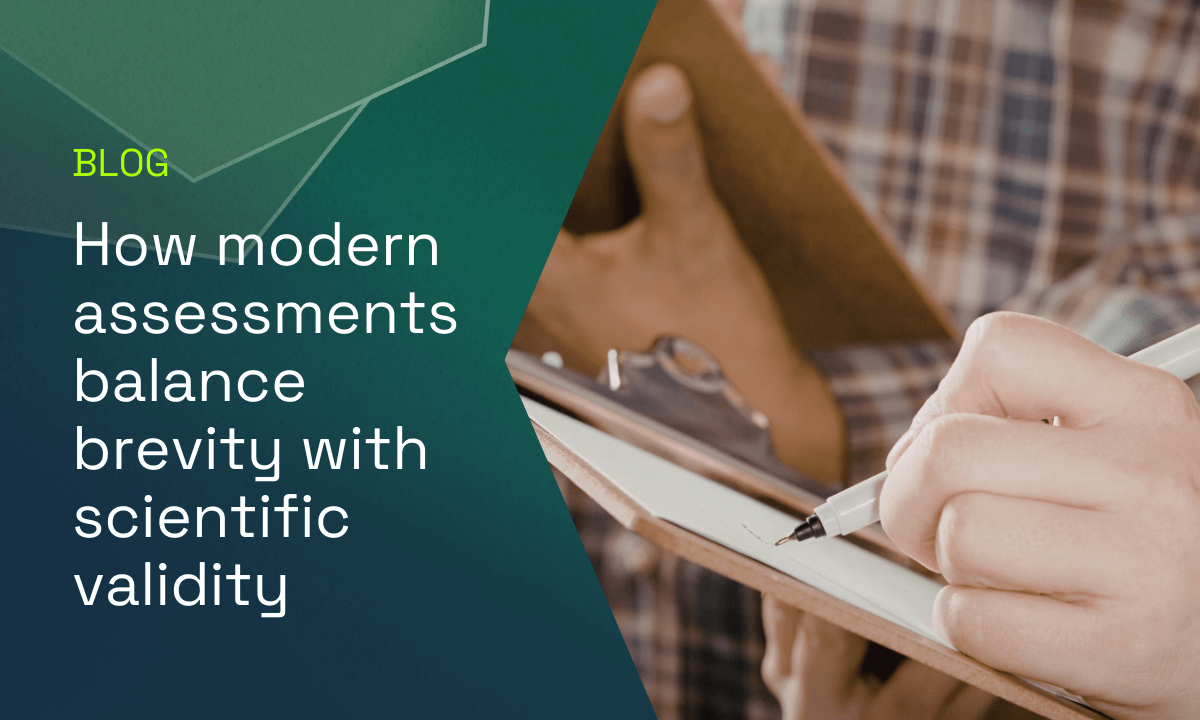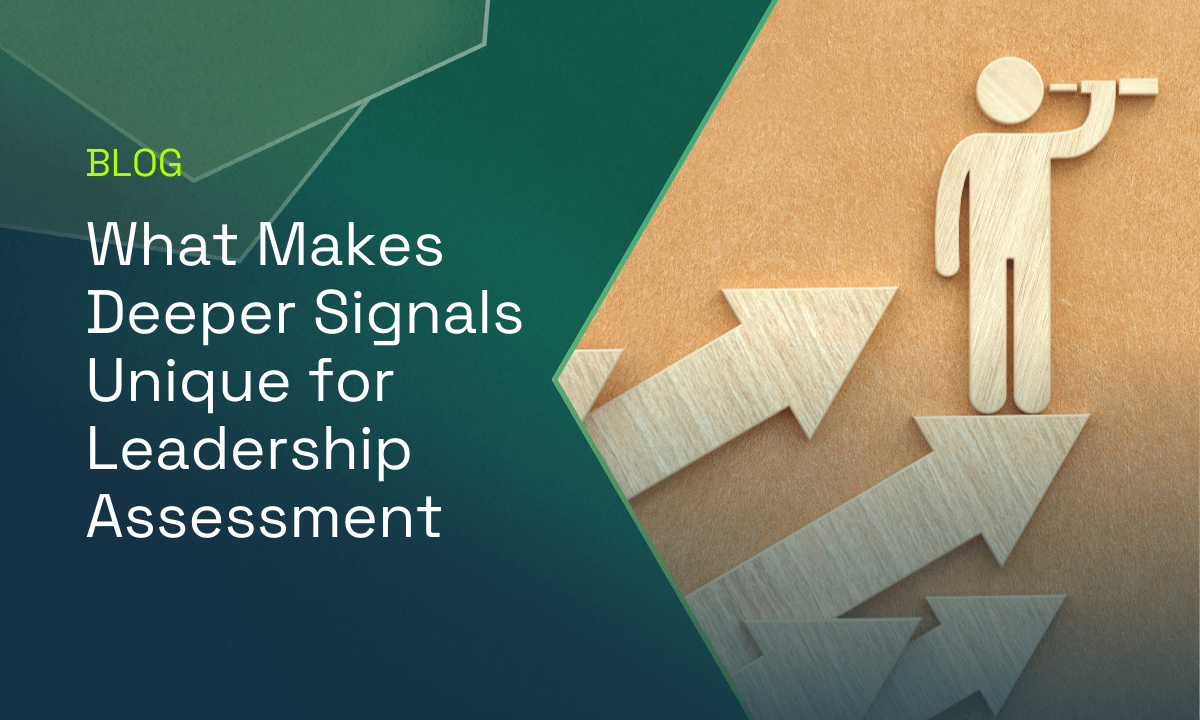From insight to impact - a single assessment for every role
One GPS can guide a car, a bike, or even a truck. The route changes, but the system is the same.
Soft Skills Intelligence (SSI) works the same way. With one diagnostic, organizations can predict how people will perform in sales, engineering, healthcare, or leadership.
The destination may differ, but the foundation of success, resilience, adaptability, collaboration, problem-solving, is universal.
Why soft skills are now business-critical
As AI automates technical tasks, human capabilities are the real differentiator. Companies can no longer rely solely on hard skills, which quickly become outdated. Instead, they must measure and develop the behaviors and mindsets that fuel performance across every role.
And the data proves it:
- 92% of HR leaders say soft skills are as important, or more important, than hard skills.
- 89% of hiring failures happen because of poor soft skills, not technical skills.
One assessment, many careers
Traditionally, organizations rely on different assessments for different purposes: one for hiring, another for leadership, another for development. This creates silos, added costs, and inconsistent data.
SSI changes that. With one diagnostic, leaders can get predictive insights into different roles and levels of the workforce.
- For sales, it highlights influence, resilience, and relationship-building.
- For engineering, it predicts adaptability, persistence, and problem-solving.
- For healthcare, it identifies empathy, stress tolerance, and teamwork.
- For leadership, it uncovers vision, decision-making, and people development.
Soft Skills Intelligence is more than just an assessment. It’s a unifying framework for talent.
Most organizations are stuck with a fragmented approach: a hiring tool here, a leadership survey there, and a development platform somewhere else. Each produces siloed data that rarely connects to real business outcomes. With one diagnostic, organizations can:
- Hire smarter by identifying the traits that predict role success, ensuring candidates are evaluated fairly and consistently.
- Develop talent at scale by turning insights into personalized learning journeys that grow skills over time.
- Build stronger teams by aligning complementary strengths and values, improving collaboration and reducing conflict.
- Unlock career mobility by helping employees see how their soft skills transfer across roles, creating internal pathways and reducing turnover.
- Future-proof the workforce by measuring enduring human capabilities, like adaptability, resilience, and problem-solving, that remain valuable even as technical skills change.
In other words, SSI is not just about describing people; it’s about predicting where they’ll thrive, guiding their growth, and aligning them with business strategy.
When technical skills become obsolete and job requirements evolve, SSI provides the enduring intelligence that keeps talent strategies ahead of the curve.





























